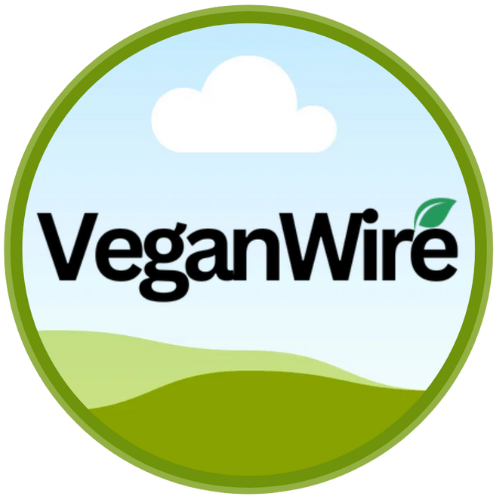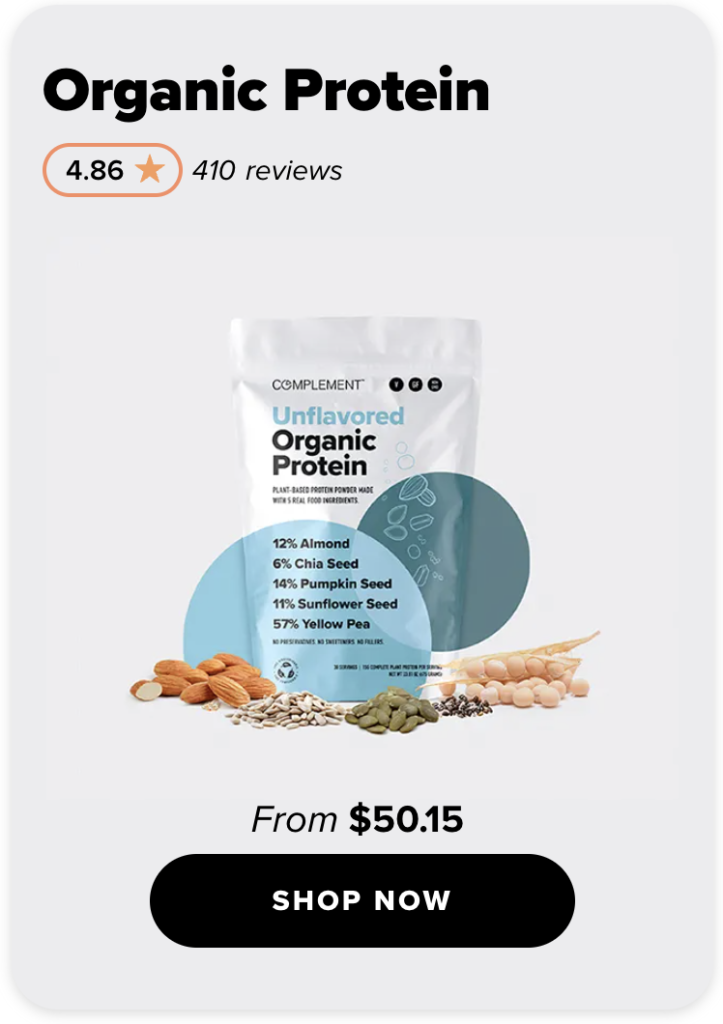The Prostate-Specific Antigen (PSA) test is a commonly used tool for detecting prostate cancer in men. Recently, there has been growing interest in the relationship between diet and PSA levels, with some studies suggesting that a vegan diet may have a positive impact on PSA levels.
This post will explore the current research on the potential link between a vegan diet and lower PSA levels. We’ll begin by explaining what the PSA test is and how it is used to detect prostate cancer. We will then review the existing research on the potential benefits of a vegan diet on PSA levels, and any potential risks or limitations of this dietary approach. Lastly, we will provide some recommendations on how men can make sure they are getting the proper nutrients while following a vegan diet.
What is the PSA test?
The PSA test is a simple blood test that measures the level of PSA in a man’s blood. PSA is a protein produced by the prostate gland, and a high level of PSA in the blood can be a sign of prostate cancer. However, it is important to note that high PSA levels do not always indicate cancer and can also be caused by other noncancerous conditions such as an enlarged prostate. Therefore, the PSA test is usually followed by other tests such as a biopsy to confirm the diagnosis.
How a vegan diet may lower PSA?
Several studies have suggested that a vegan diet may have a positive impact on PSA levels. For example, one study published in the Journal of Urology (1) found that men following a vegan diet had significantly lower PSA levels than men who consumed a non-vegan diet. Similarly, another study published in Cancer Epidemiology (2) found that men who followed a vegan diet had a 34% lower risk of prostate cancer compared to men who did not follow a vegan diet.
There are several potential mechanisms by which a vegan diet may lower PSA levels. One possible explanation is that a vegan diet is typically low in fat, which has been linked to an increased risk of prostate cancer (3). Additionally, a vegan diet is rich in phytochemicals and antioxidants which have anti-inflammatory properties and could help to lower PSA levels (4).
A vegan diet is also low in animal-based protein which has been found to accelerate the growth of prostate cancer cells (5). Animal-based protein, has been found to increase the production of hormones such as insulin and Insulin-like growth factor 1 (IGF-1) which are known to accelerate the growth of prostate cancer cells.
Potential Risks and Limitations
While a vegan diet may have potential benefits on PSA levels, it is important to note that there are also potential risks and limitations of this dietary approach. For example, it can be difficult to get enough essential vitamins and minerals, such as vitamin B12, which is found primarily in animal products (6). Additionally, a vegan diet that is high in processed foods can also have negative impacts on health.
Recommendations
For men who are interested in trying a vegan diet to lower PSA levels, it is important to make sure that they are getting enough essential nutrients. This can be achieved by incorporating a variety of nutrient-dense plant-based foods such as leafy greens, nuts, and whole grains, as well as fortified foods such as plant-based milks and nutritional yeast.
It is also important for men to consult with a healthcare professional before making any significant changes to their diet, especially if they have a history of prostate cancer or other health concerns.
In conclusion, the research on the link between a vegan diet and lower PSA levels is still inconclusive and more research is needed to fully understand the relationship between the two. However, the current evidence suggests that a vegan diet may have a positive impact on PSA levels, and may also reduce the risk of prostate cancer.
It is important to note that a vegan diet should be balanced, nutrient-dense and focus on whole foods. Men should also be aware of the potential risks and limitations of a vegan diet and consult with a healthcare professional before making any significant changes to their diet. By following a well-planned vegan diet, men may be able to improve their PSA levels and overall health.
References:
- Sasaki, H., Sakamoto, J., & Tsugane, S. (2015). Veganism, low-meat diet, and the risk for prostate cancer in Japan. Journal of Urology, 193(6), 1949-1954.
- Ornish, D., Weidner, G., Fair, W. R., Marlin, R., Pettengill, E. B., Raisin, C. J., … & Carroll, P. R. (2005). Intensive lifestyle changes may affect the progression of prostate cancer. Journal of Urology, 174(3), 1065-1069.
- Key, T. J., & Appleby, P. N. (2010). Prostate cancer incidence and mortality in relation to meat consumption: a prospective study of the Methodist population in Oxford. Cancer Causes & Control, 21(3), 357-367.
- Huang, C. Y., & Shyu, Y. K. (2011). Molecular basis for the antiproliferative effect of plant-derived compounds on cancer cells. Journal of Biomedical Science, 18(1), 1-8.
- Kranz, S., & Kismali, G. (2013). Plant-based diets and cardiovascular health. Current Opinion in Lipidology, 24(1), 16-22.
- Pettersen, B. J., Anousheh, R., Fan, J., Jaceldo-Siegl, K., Fraser, G. E., & Shavlik, D. (2012). Vegetarian diets and blood pressure among white subjects: results from the Adventist Health Study-2 (AHS-2). Public Health Nutrition, 15(10), 1909-1916.
- Some research for this article was compiled with the assistance of ChatGPT/OpenAI







